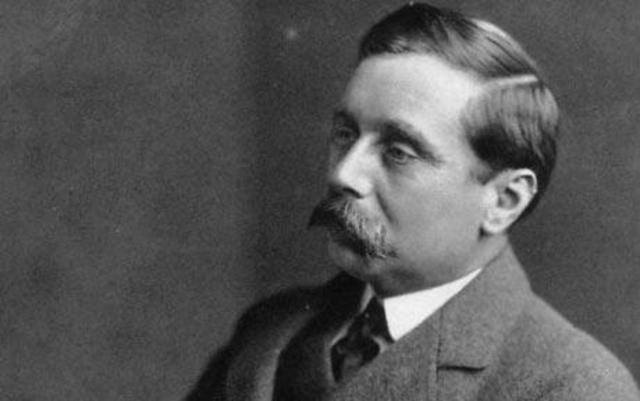Julius Chambers was an American author, editor, journalist, travel writer, and anti-psychiatric-abuse activist. Did you know how did Julius Chambers change the laws that governed asylums?
In 1872, New York Tribune reporter Julius Chambers was committed to an asylum. His account resulted in the release of 12 patients who were not mentally ill, a reorganization of the staff, and a change in the lunacy laws.
The Life and Work of Julius Chambers
Julius Chambers was born on November 21, 1850, in Bellefontaine, Ohio, the son of Joseph and Sarabella Chambers. When he was only eleven years old, he began working as a printer’s devil in his uncle’s newspaper office, the Bellefontaine Republican.
He first attended Ohio Wesleyan University and later Cornell University, from which he graduated in 1870. In December 1881, he was appointed Attorney General while attending Columbia College Law School in New York City. (Source: Wiki Wand)
Julius Chambers on Geographic Discovery
On June 4, 1872, while on sick leave, Chambers discovered Elk Lake adjacent to Lake Itasca in Clearwater County, Minnesota, in the Lake District of Northwestern Minnesota. He declared it to be the Mississippi River’s ultimate source.
He was made a Fellow of the Royal Geographical Society for this discovery. This resulted in a series of newspaper articles and the publication of the book The Mississippi River and Its Wonderful Valley. (Source: Wiki Wand)
Julius Chamber’s Work at Investigative Journalism
Later that year, he returned to work and conducted a journalistic investigation of Bloomingdale Asylum, having committed himself with the assistance of some of his friends and the city editor. His goal was to gather information about alleged inmate abuse. After ten days, his project collaborators had him released.
The publication of articles and accounts of the experience in the Tribune resulted in the release of twelve patients who were not mentally ill, reorganization the institution’s staff and administration, and, eventually, a change in the lunacy laws.
This eventually resulted in the book A Mad World and Its People. Chambers was frequently invited to speak on the rights of the mentally ill and the need for proper facilities for their accommodation, care, and treatment from this point forward. (Source: Wiki Wand)
Julius Chambers on New York Herald and New York World
Chambers joined the New York Herald staff in 1873 and worked on nearly every editorial desk during his fifteen years there. His editor-in-chief dispatched him to Paris in 1887 to launch the Paris Herald.
On the invitation of Joseph Pulitzer, Chambers became managing editor of the New York World in 1889, a position he held until 1891.
Pulitzer, Chambers, and others were indicted for posthumous criminal libel against Alexander T. Stewart in 1890, accusing him of a dark and secret crime, inviting guests to meet his mistresses at his table, and being a pirate of the dry goods ocean.
From 1904 on, Chambers wrote a column for the Brooklyn Daily Eagle called Walks and Talks, which he continued to write for the rest of his life. From 1903 to 1904, he lectured in journalism at Cornell University, and in 1910, he lectured at New York University. (Source: Wiki Wand)
Image from Blogspot
